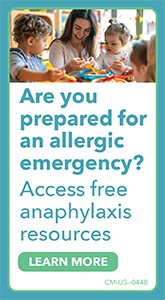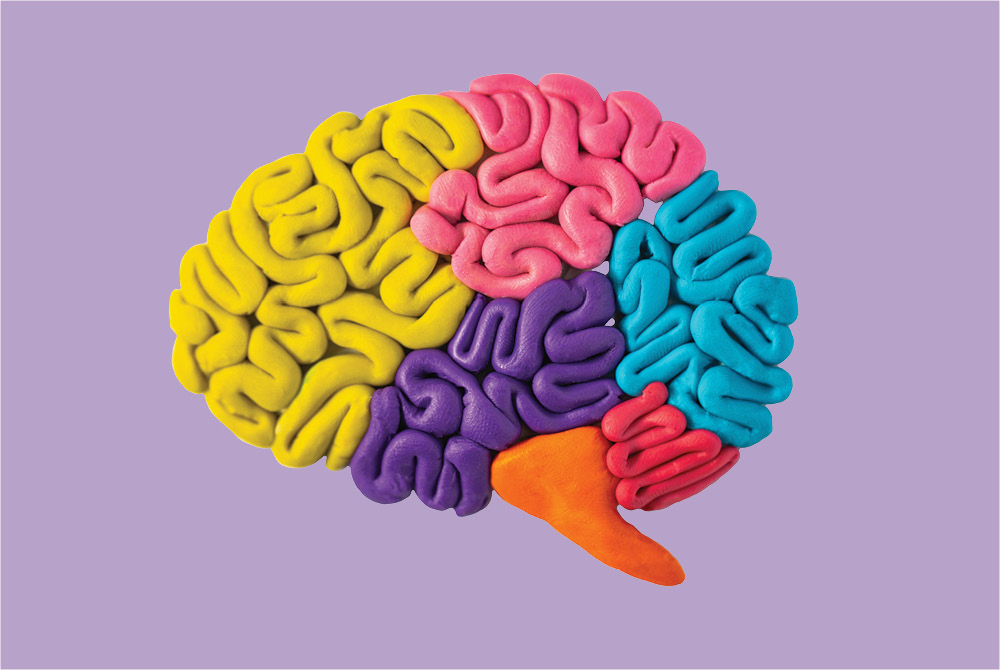March 15, 2024
Creative Expression for Children and Adults
Every child is an artist; the problem is staying an artist when you grow up.
– Pablo Picasso, 1881-1973, Spanish artist
Today’s message is from Helene Harte, Exchange Leader, education professor, and interim co-director at the Learning and Teaching Center at University of Cinncinati Blue Ash College.
As young children develop through Erikson’s psychosocial stages, they need to develop autonomy and do things independently. They need to take initiative and explore. Exploration and creativity help them learn about the world around them.
Early care and education providers can support children’s development by:
- Providing open-ended materials that young children can use to express themselves.
- Provide time and space and the opportunity to be messy.
- Give children open-ended materials for drawing and painting, novel materials and loose parts, opportunities to tell stories and make music.
Creative expression can provide sensory outlets and can be a tool to help children begin to self-regulate.
Teachers also need creative outlets. Part of self-care is meeting your own needs. Art can be a way to practice mindfulness; just doodling or painting can be calming. Give yourself the gift of time and space to create when you can. Just like with young children you can focus on the process rather than the product.
Here are a few resources I’ve found helpful for further exploration:
- Bongiorno, L. (n.d.). Supporting the Development of Creativity. NAEYC.
- Virtual Lab School (2023). Preschool Creative Expression.
Share with the hashtag #ExchangeEveryDay
Print Friendly












